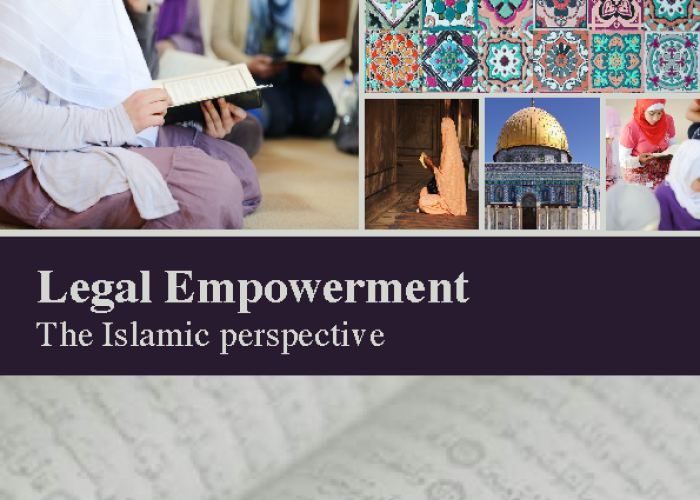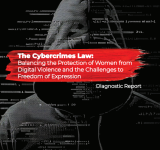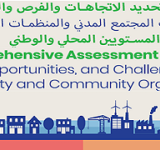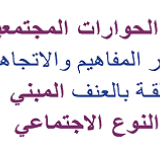Legal Empowerment: The Islamic Perspective

Legal empowerment presents a practical approach to human rights law focused on addressing the exclusion of the world’s poor from accessing their legal rights. In the West Asia-North Africa (WANA) region,successful implementation requires an understanding of how the key principles of legal empowerment relate to the Islamic legal tradition. This paper covers the two main forms of exclusion that contribute to the disenfranchisement of the poor: unequal access to the formal legal system and to the formal economy,in addition to providing specific recommendations for the practical implementation of Islamic legal concepts in relation to legal empowerment priorities and goals. This paper is intended to start a conversation between legal empowerment policy makers,non-governmental organisations,activists,and Muslim scholars and jurists about the common goals and values shared by the legal empowerment global initiative and Islamic reformers in the region. The suggestions and recommendations are intended to connect the practical steps put forward by the Commission of the Legal Empowerment of the Poor and relevant lessons from the current and proposed models for the implementation of Islamic institutions and principles in the WANA region.


